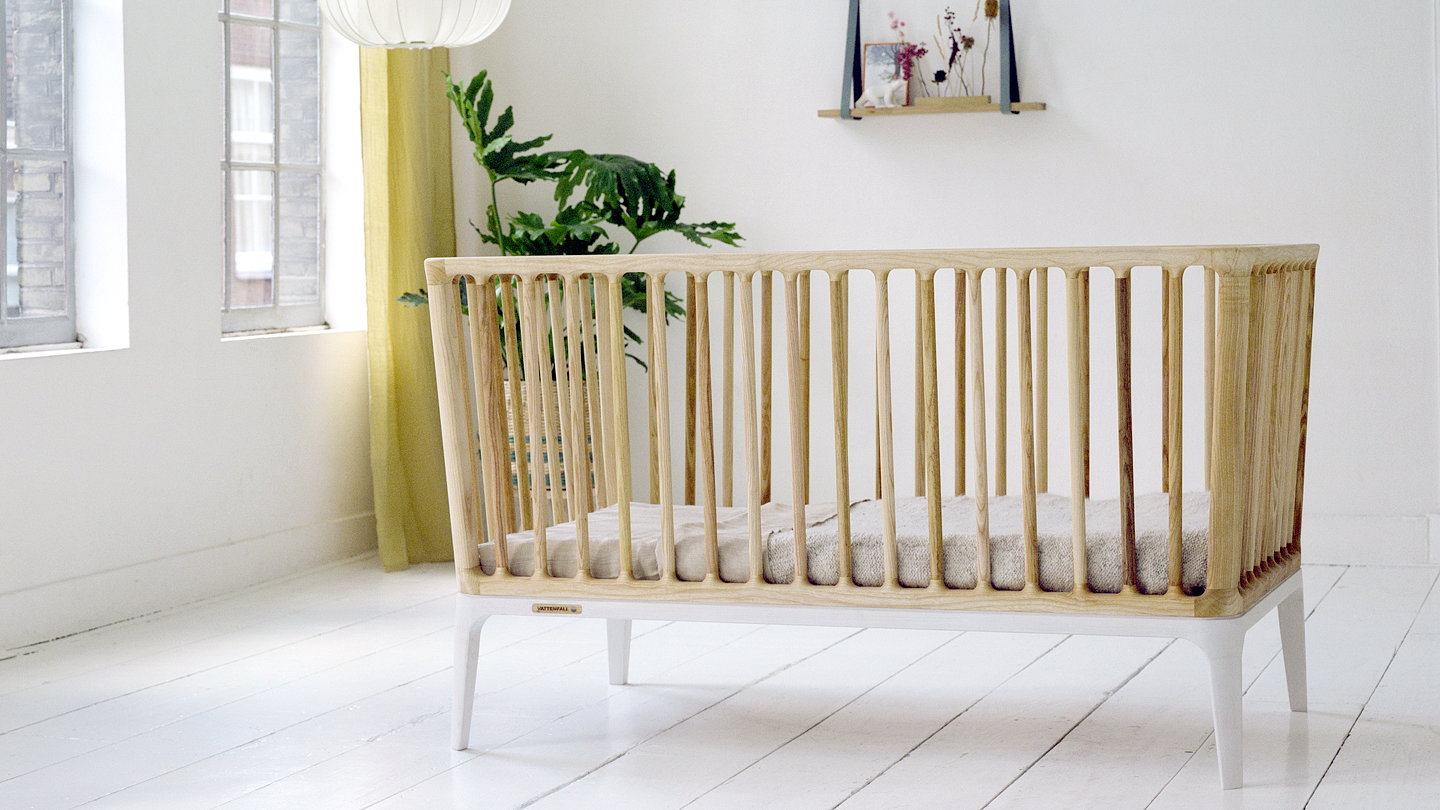
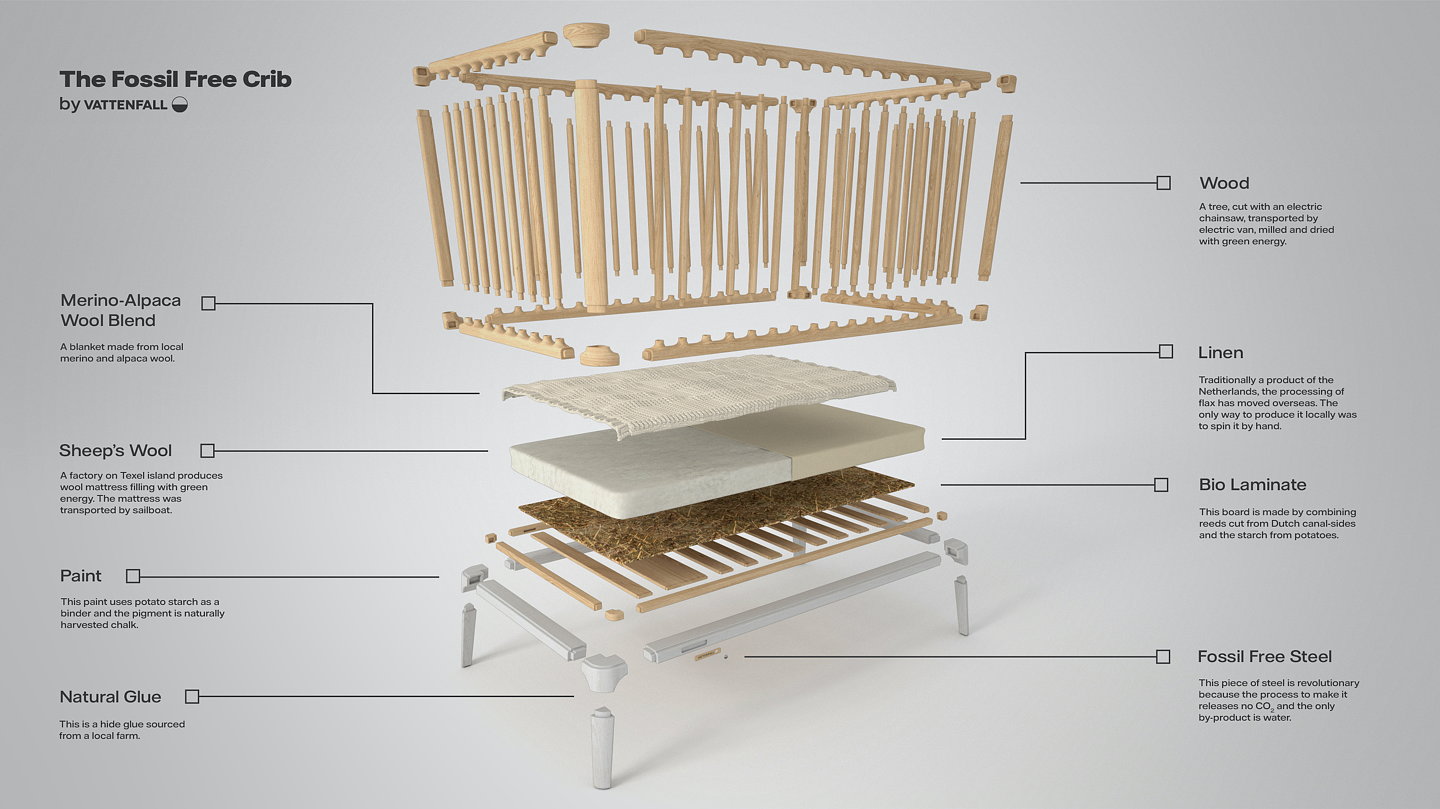
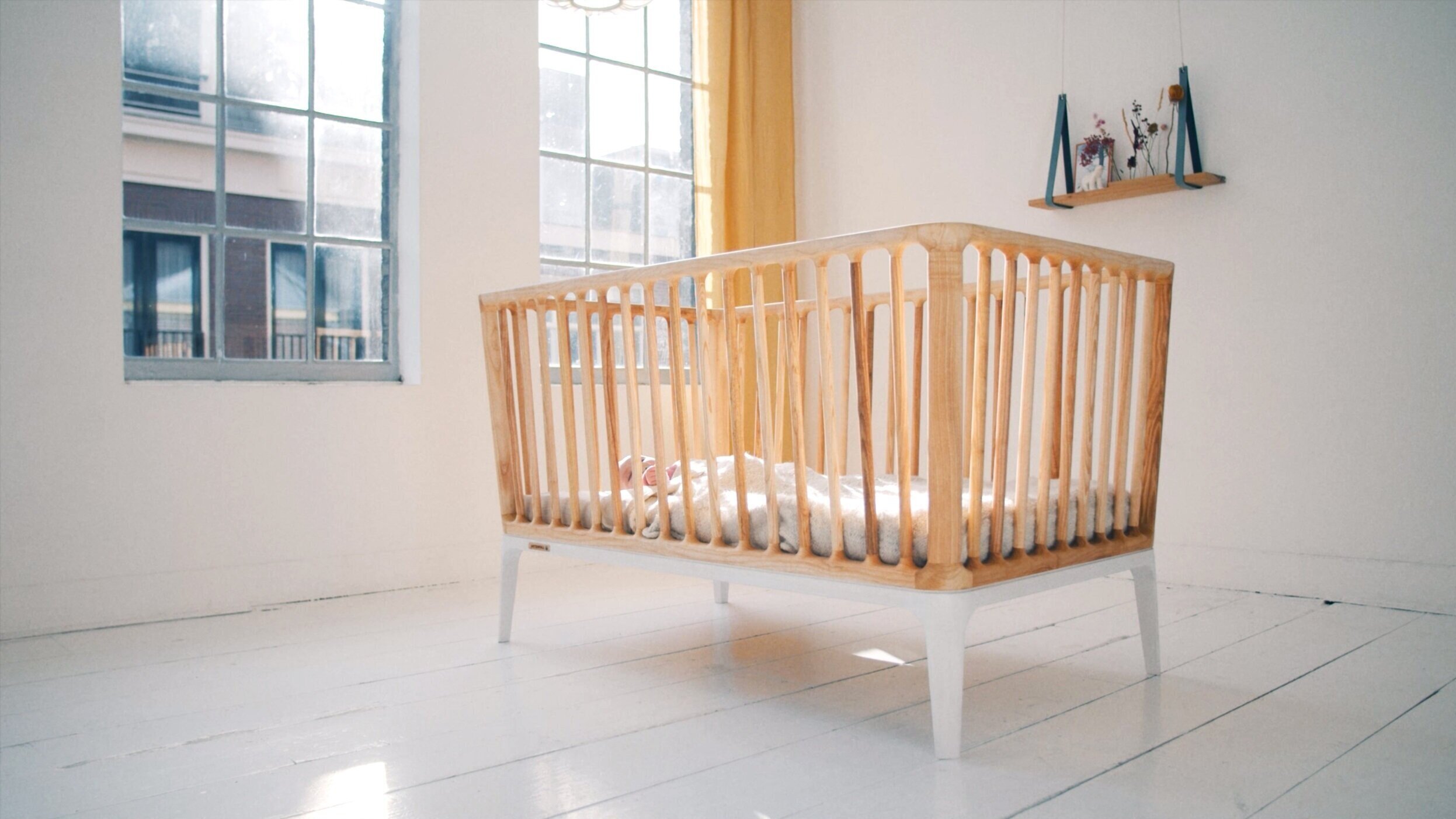
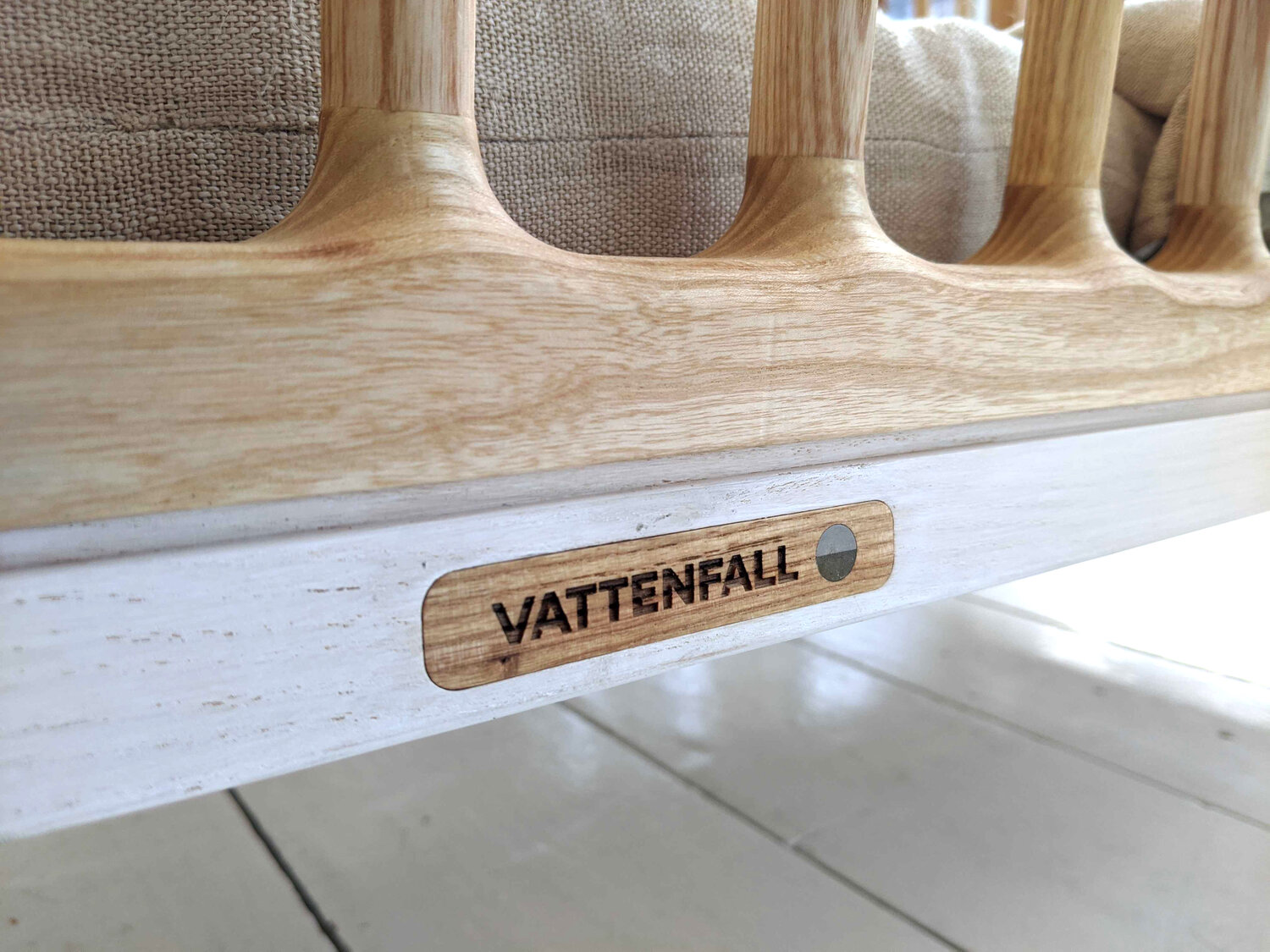
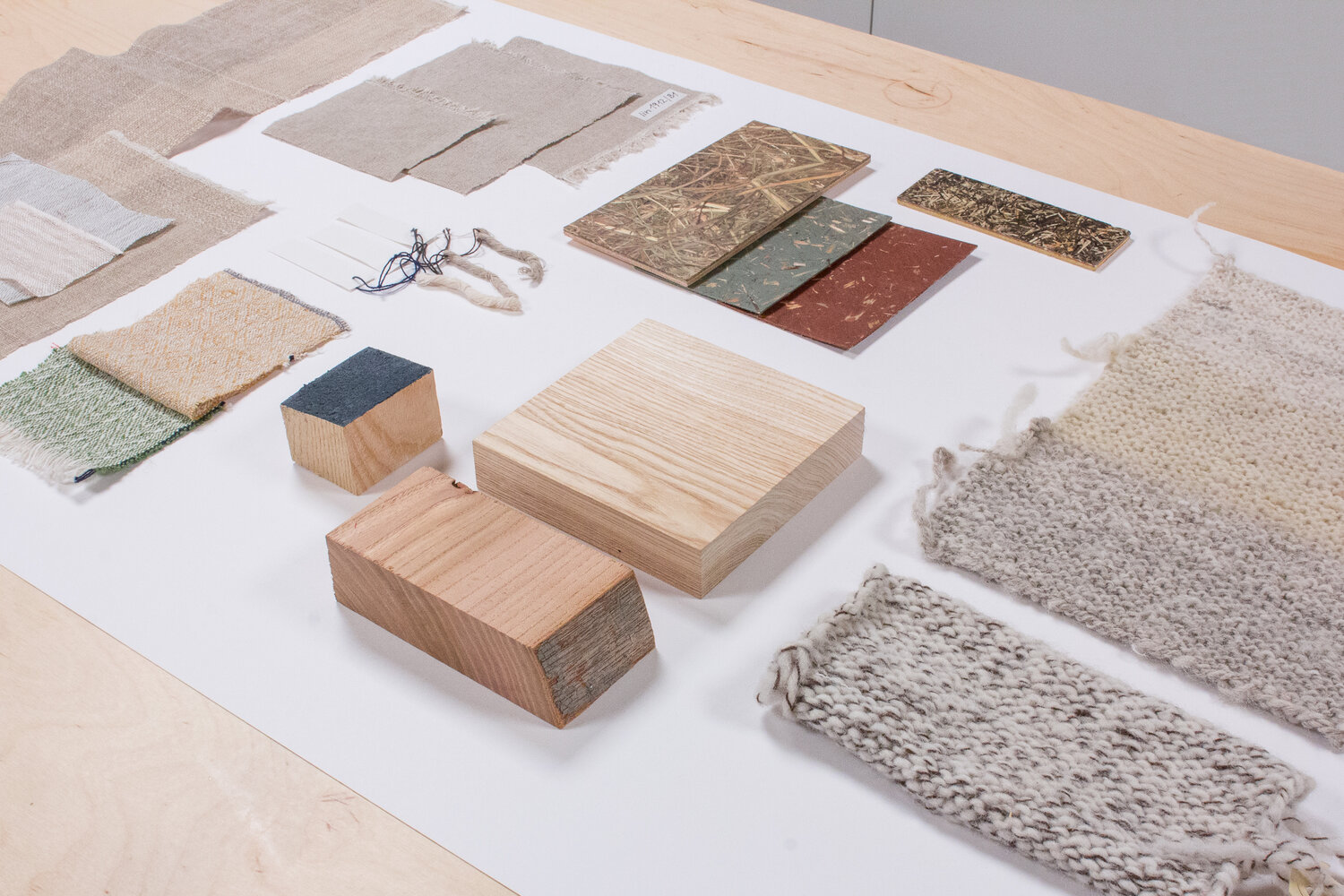
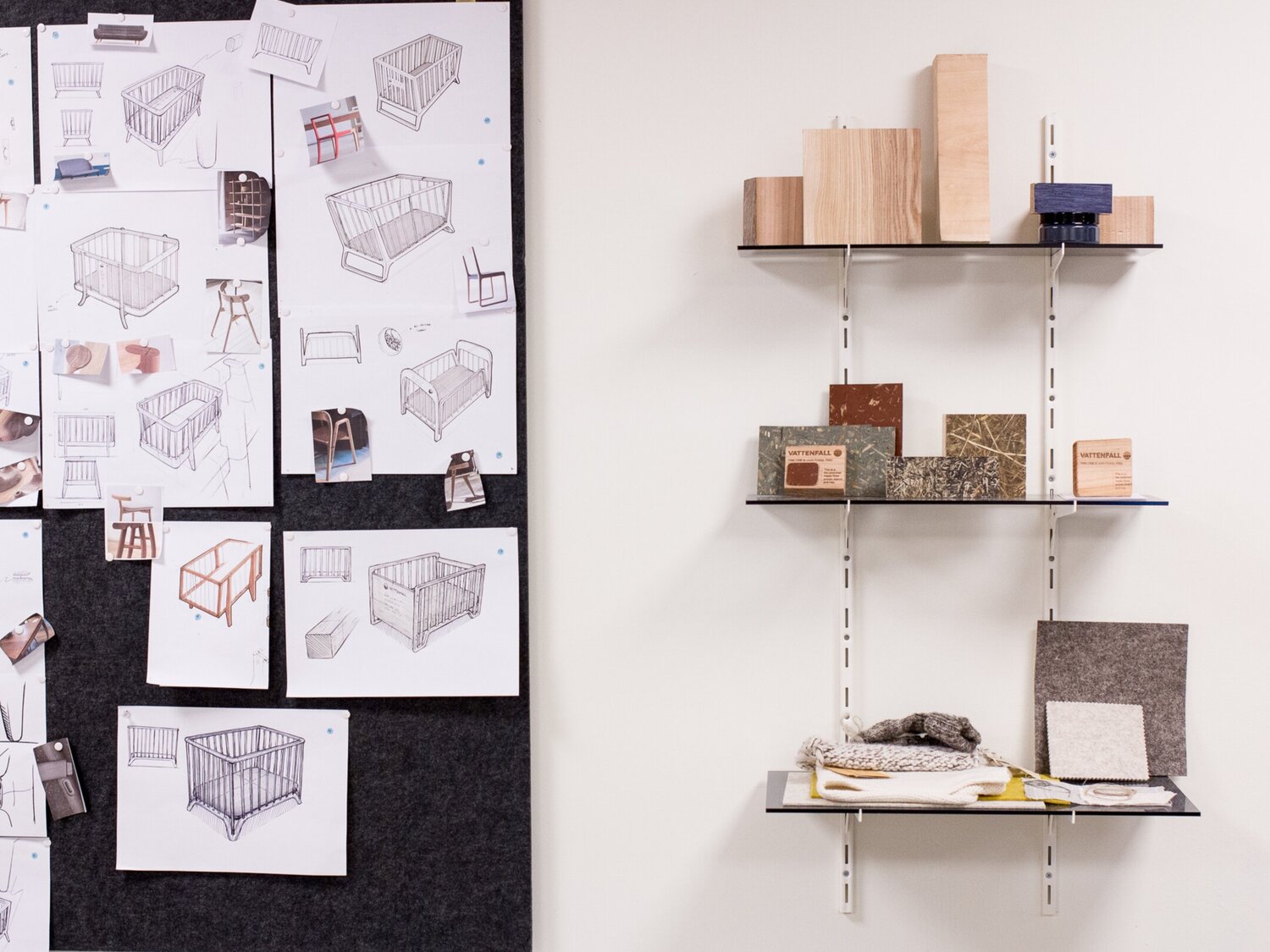
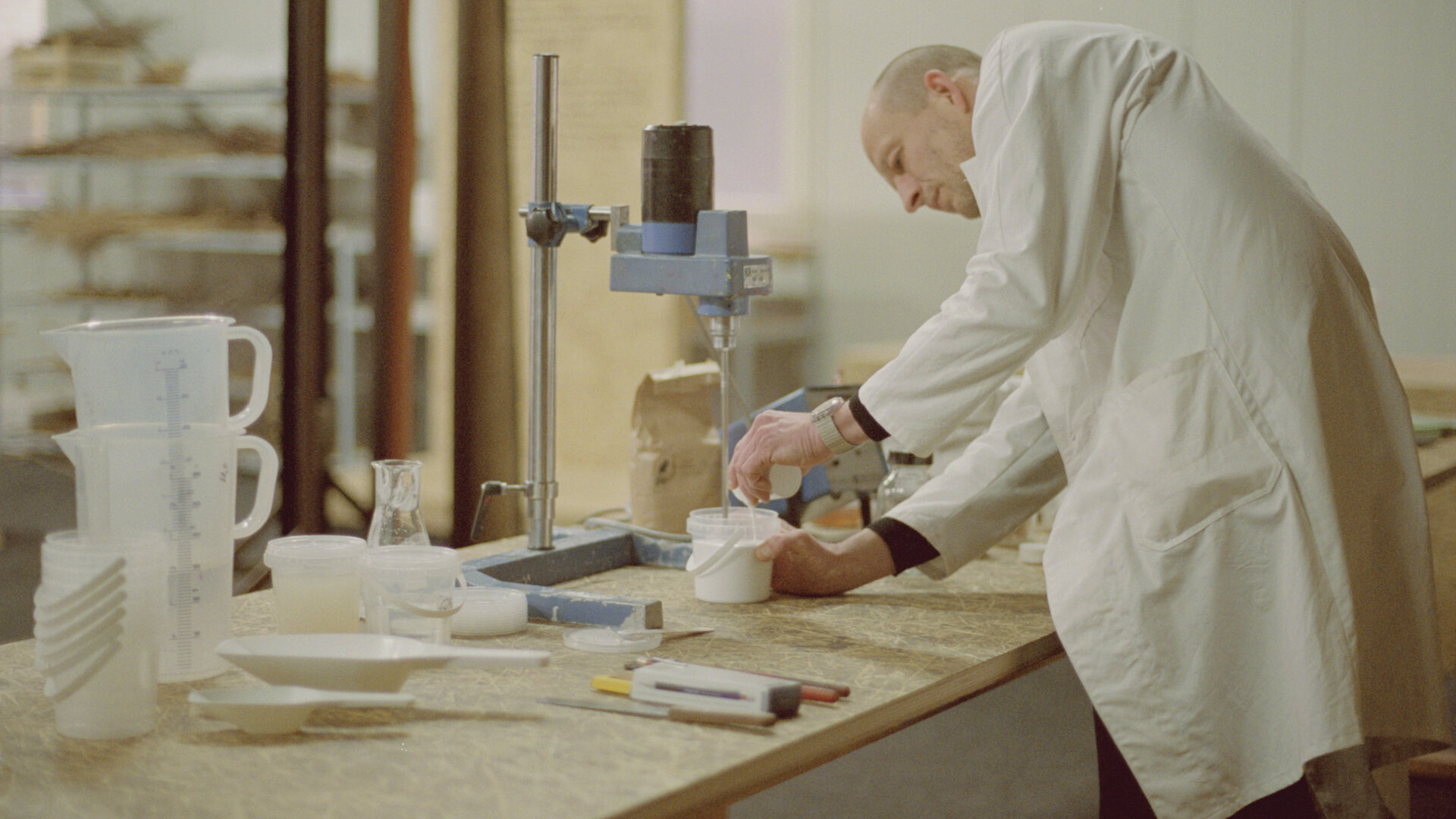
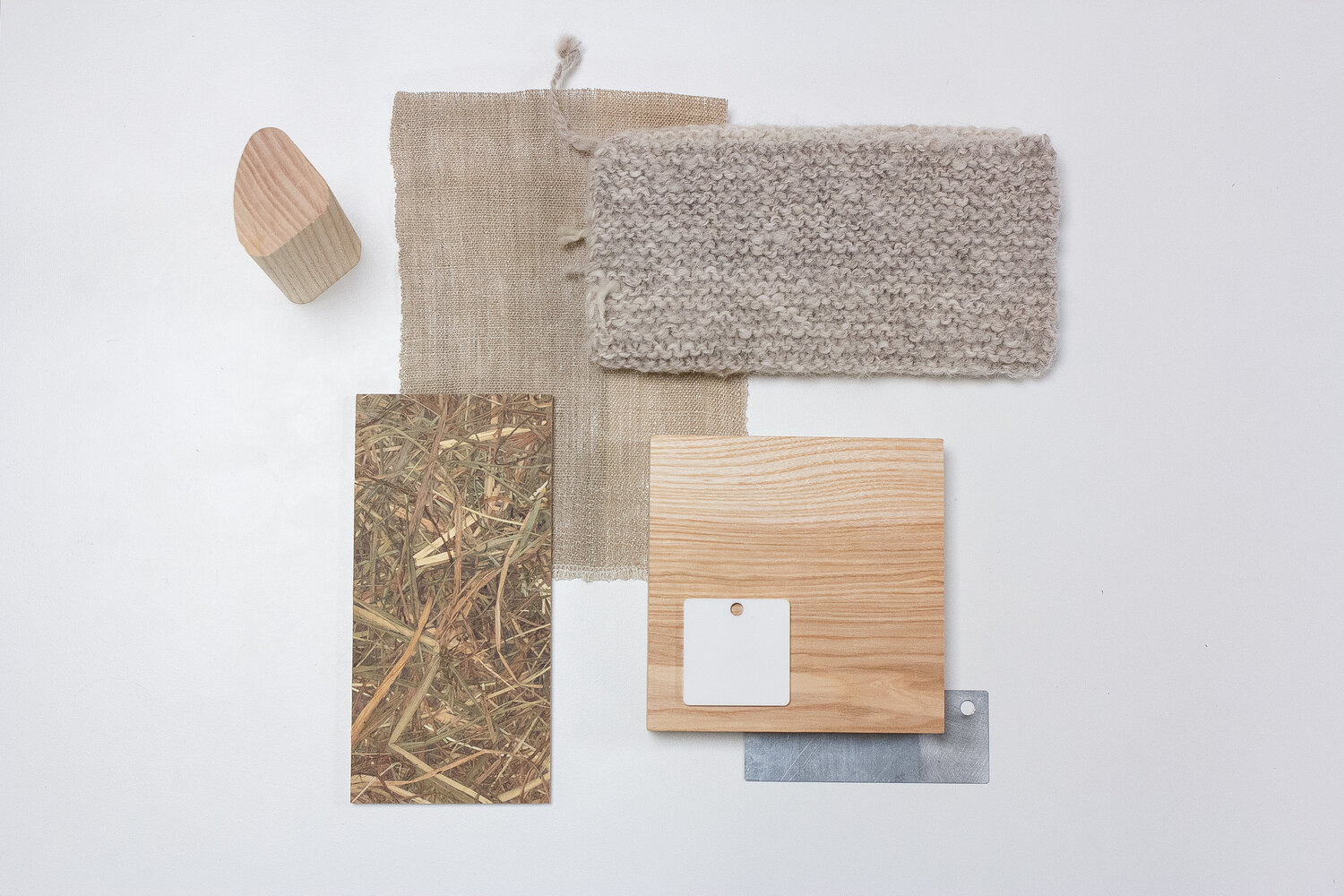
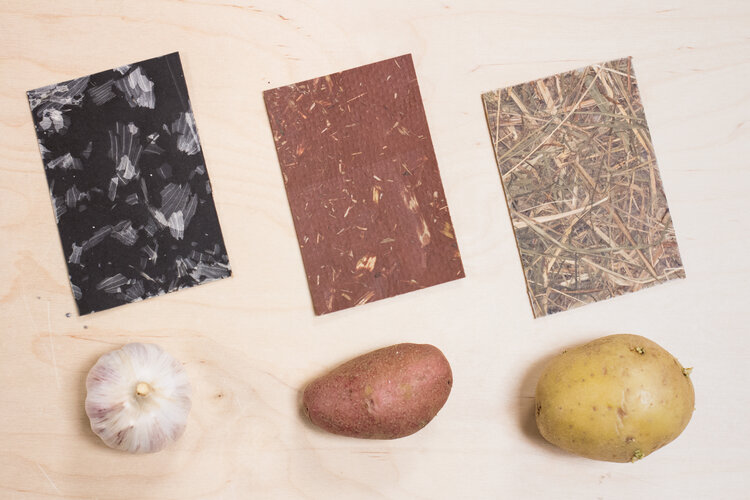
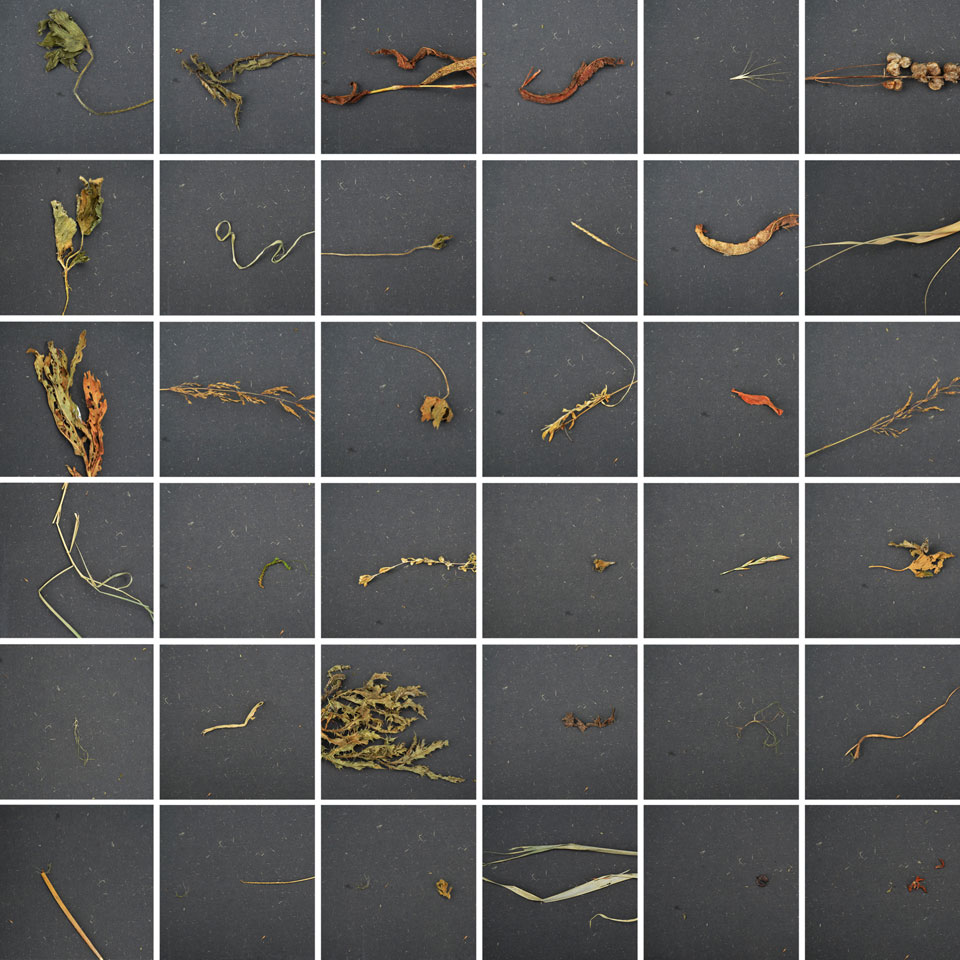
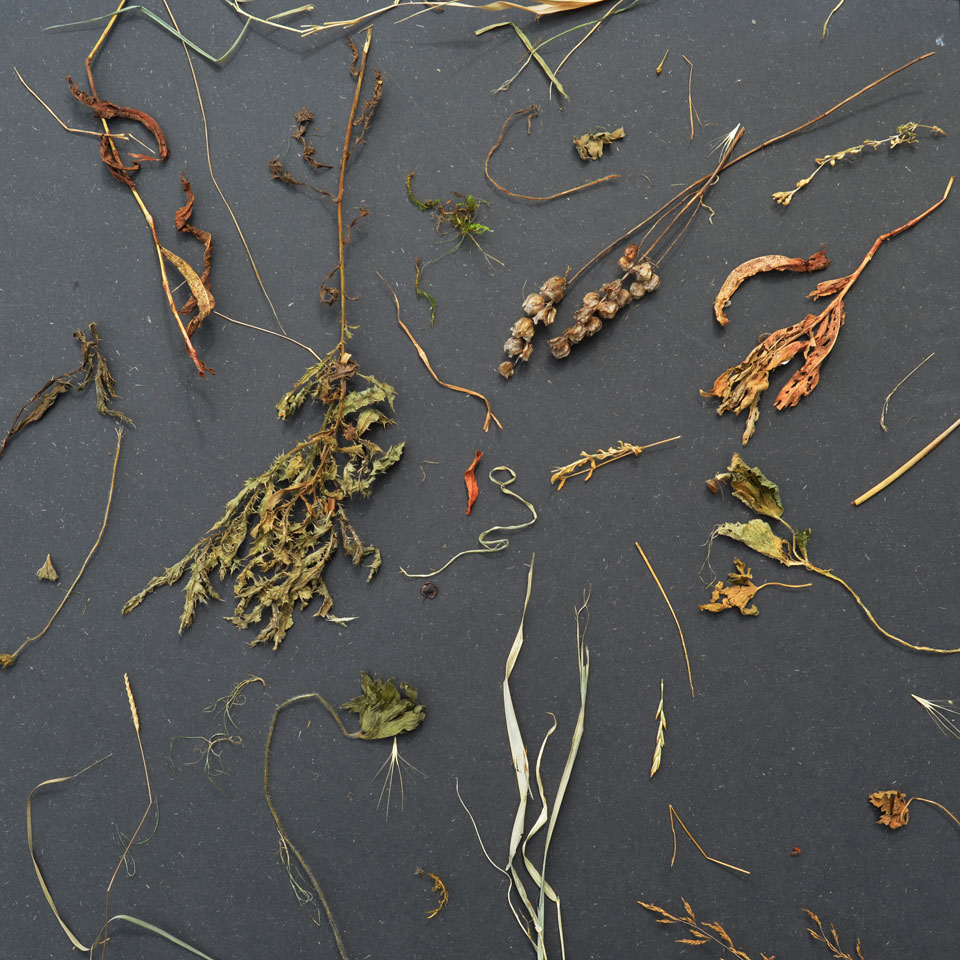
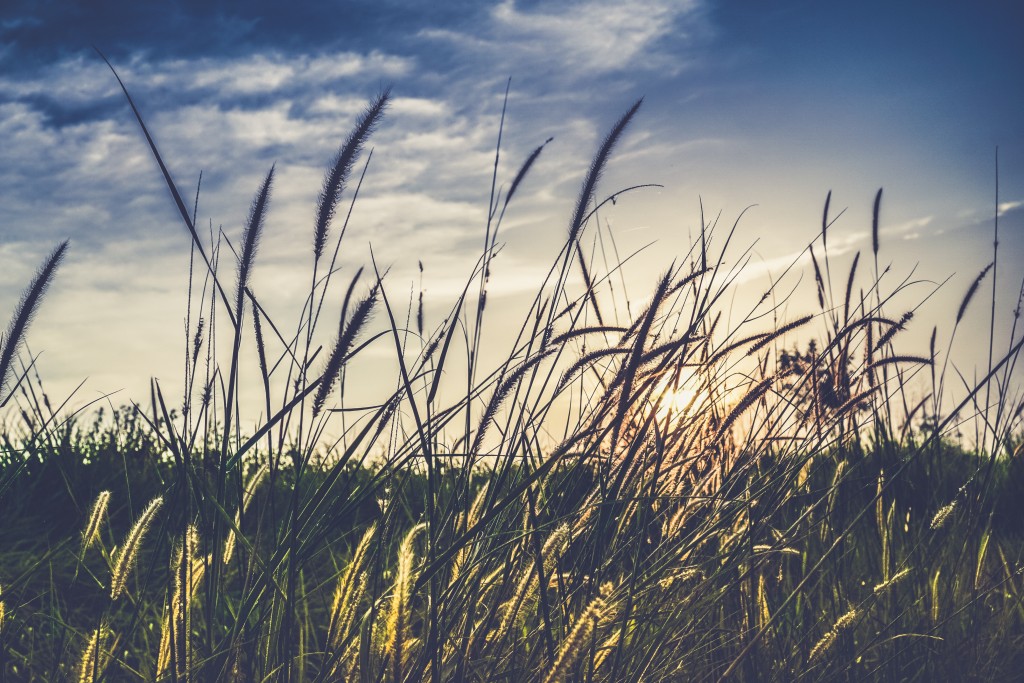
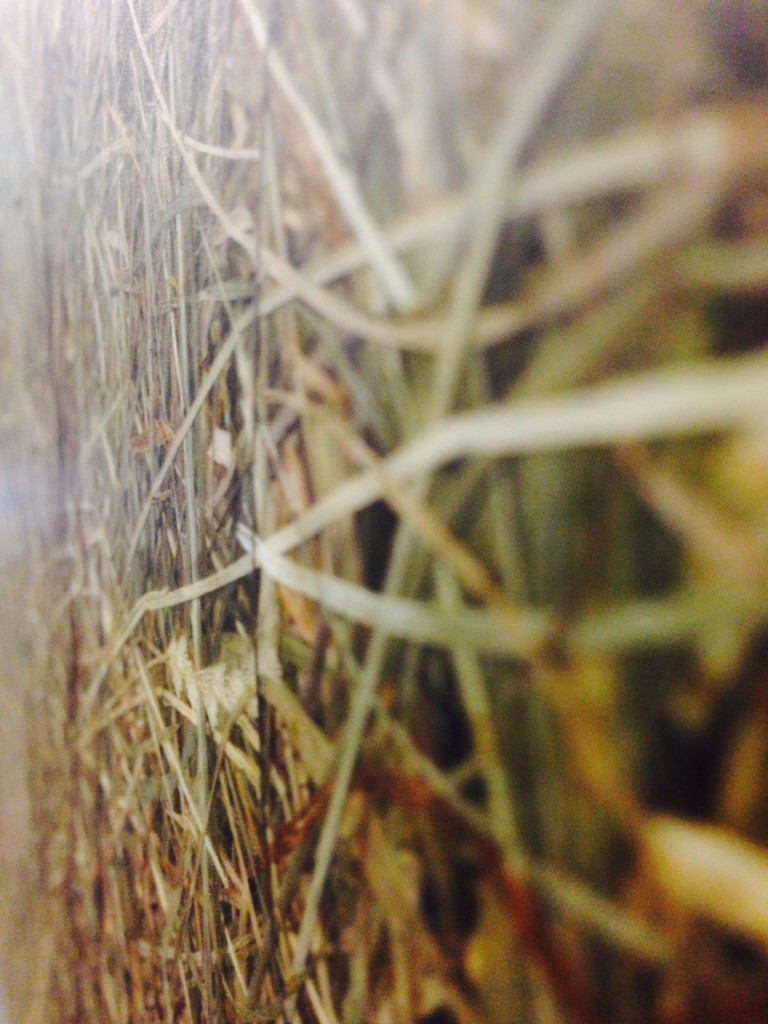
Energy company Vattenfall envisions a world that is 100% fossil free within one generation. As a symbol of this commitment to renewable energy, we designed the very first item the next generation will need in life – a place to sleep.
Our child’s crib was built to industry standard without using a single gram of coal, oil or gas at any stage of manufacturing or transportation. The significant effort required in bringing such a design to life highlights our reliance on fossil fuels and signifies that the future of our planet relies on redefining the way our products are manufactured.
FROLIC STUDIO teamed up with DDB Unlimited and Fiction Factory & HUISVEENDAM on a project to design and build a crib that avoided fossil fuels at every stage of the production process. It was a challenge in traceability that involved dissecting and taking a close look at every part of the supply chain.
The first thing to note is that “fossil-fuel free” is quite distinct from “sustainable”, “C02 neutral”, “organic” and other ubiquitous terms used in environmentally conscious manufacturing. Our primary challenge was to interrogate the supply chain through the lens of fossil fuel use, which includes examining not just a product’s composition but its sourcing, transportation and complete processing.
This involved going to great lengths to locate industrial facilities powered by renewable energy, working with local artisans to involve centuries-old crafting techniques, finding leaders in biomaterials as sourcing partners, rethinking supply chain gaps using electric vehicles, and collaborating with other producers that are completely disconnected from the fossil fuels industry. The process took a critical look at basic, commonplace materials and their composition. Together with DDB and DPPLR, FROLIC designers intercepted the many steps in a simple product’s supply chain, and arranged alternate ones at every hurdle.
The build also uncovered experiments in all-natural glue-making, a biolaminate made from potato starch and vegetable fibres, and a paint made from potato starch and chalk. Texel sheep provided wool for the mattress stuffing, which was transported to the mainland by sailboat. Locally bred Merino sheep and alpacas provided the wool for the blanket. Topping it all off, bed linen was made entirely by hand (spun and woven on a traditional loom) by talented artisans, and the first ever piece of steel made without fossil fuels was added as a final touch.